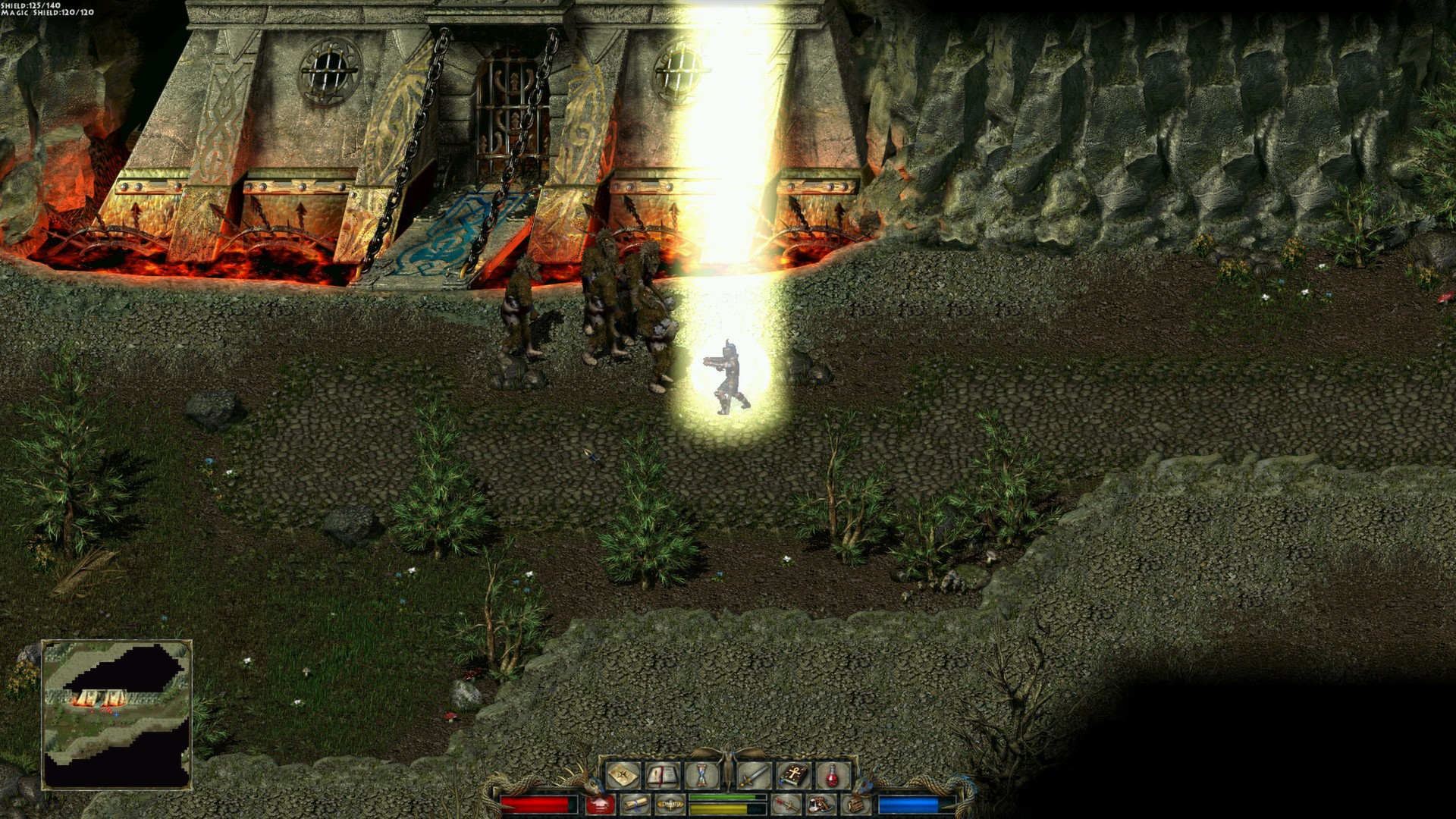

Accordingly, I will not provide any detailed or systematic account of this first part of the book, but will rather proceed immediately in the next section to Levine’s defense and elaboration of “the Darwinian re-enchantment of the world.” Moreover, the essential points of its content most likely to be of interest to readers of Evolution: Education & Outreach are independent of the work of the first part. This second part of the book, in which Levine answers to his calling as a scholar of literature-assessing texts in view of their language and meaning-is by far the more interesting, important, and better executed.

This amounts to explaining the sense in which “Darwin loves you” should be understood. First, Levine works to establish the motivation and theoretical foundation for the work (chapters 2–4) second, he advances his novel readings of Darwin (chapters 5–7), offering a Darwinian solution to the problem of the disenchantment of the world. The rest of the book follows a two-part plan. This problem sets up the central task of the book, which is to elaborate a non-supernatural account of life’s value. Levine identifies Darwin as a man who, charmed by what he found in nature-for instance, in his study of barnacles-finds community with every plant and animal, coming to love all living things, and coming to feel what his place in the universe is: Quite literally, Levine suggests, Darwin loves you, just as he loves every other living thing.ĭarwin Loves You begins, in chapter one, with an account of what Levine (p. 1), borrowing from Max Weber, calls “the disenchantment of the world:” As science progresses, providing rational explanations for more and more of what was once regarded as mysterious and sacred, the world seems, as a result, to become less appealing a place to live, more and more absent of meaning.

Augustine finds the close study of nature, particularly in its miniature aspects, to be morally abhorrent and only partially redeemed by the access it provides to divinity Darwin (on Levine’s reading) finds the minute study of nature to be best taken as an end itself, and indeed, to be the activity in which the value of life itself is most clearly seen. (Augustine 2001, 213–14)Īs will be seen, these passages reflect a view of the significance of the observation of nature which is precisely at odds with what Levine believes to be Darwin’s. hen I am sitting at home, why does a lizard catching flies, or a spider binding them when they blunder into its web, often have me gazing intently? Does the fact that these animals are so small make any difference to the situation? True, I pass from watching them to praising you, wonderful creator and dispenser of all that is, but it is not in that frame of mind that I begin to watch. He many minute, contemptible things that solicit our curiosity each day are beyond counting. The same motive prompts some to seek perverted knowledge through magical practices. From the same motive efforts are made to scrutinize the secrets of the natural world that lie beyond our sight knowledge of these is of no profit, yet people want to know them simply for the sake of knowing. To satisfy morbid craving, monstrous sights are exhibited at shows.


 0 kommentar(er)
0 kommentar(er)
